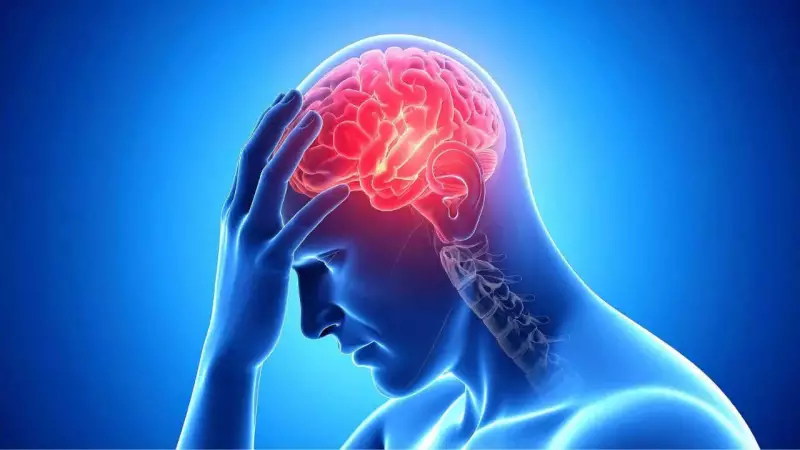
Your brain is the command center of your entire body, but when it's in trouble, the warning signs can be subtle and easily dismissed. Recognizing these red flags early could be the difference between prevention and permanent damage.
The Silent Alarm Bells Your Brain Is Ringing
Many people attribute brain-related symptoms to stress, aging, or fatigue, but medical experts warn that certain signs should never be ignored. These symptoms could indicate everything from transient ischemic attacks (mini-strokes) to more serious neurological conditions.
7 Critical Warning Signs That Demand Immediate Attention
- Sudden Memory Lapses That Disrupt Daily Life
Forgetting names occasionally is normal, but when you start missing important appointments, repeating questions, or struggling with familiar tasks, it's time to pay attention. - Unexplained Confusion or Brain Fog
If you're suddenly struggling with concentration, feeling disoriented in familiar places, or having difficulty following conversations, your brain might be signaling trouble. - Severe Headaches That Feel Different
Pay attention to headaches that are more intense than usual, occur suddenly without cause, or are accompanied by vision changes or nausea. - Vision Problems That Come and Go
Blurred vision, double vision, or temporary vision loss in one eye could indicate reduced blood flow to the brain. - Weakness or Numbness on One Side
Sudden weakness, numbness, or tingling in the face, arm, or leg—especially on one side of the body—requires immediate medical evaluation. - Speech and Language Difficulties
Slurred speech, trouble finding words, or difficulty understanding what others are saying are potential stroke warning signs. - Balance and Coordination Issues
Sudden dizziness, loss of balance, or coordination problems shouldn't be dismissed as mere clumsiness.
Why Early Detection Matters
Neurological experts emphasize that timing is crucial when it comes to brain health. Many conditions, including strokes, have a limited window for effective treatment. The sooner you recognize the symptoms and seek help, the better your chances of recovery and preventing long-term damage.
Risk Factors You Can Control
While some risk factors like age and family history are beyond your control, many lifestyle factors significantly impact brain health. High blood pressure, diabetes, smoking, excessive alcohol consumption, and poor diet all contribute to increased stroke risk and cognitive decline.
When to Seek Immediate Medical Help
If you or someone around you experiences sudden onset of any warning signs, don't wait to see if they improve. Use the FAST test: Face drooping, Arm weakness, Speech difficulty, Time to call emergency services. Remember, when it comes to brain health, it's always better to be safe than sorry.
Regular check-ups, maintaining a healthy lifestyle, and being aware of these warning signs can help protect your most vital organ. Your brain deserves your attention—listen when it's trying to tell you something important.





